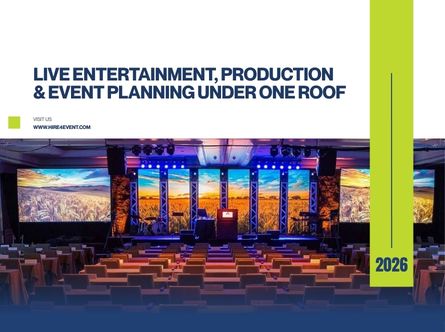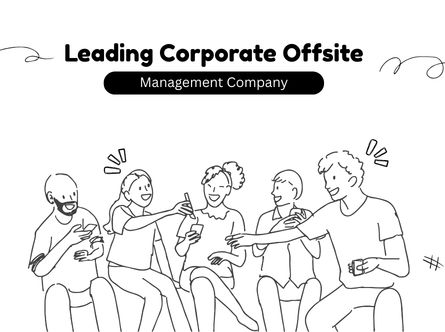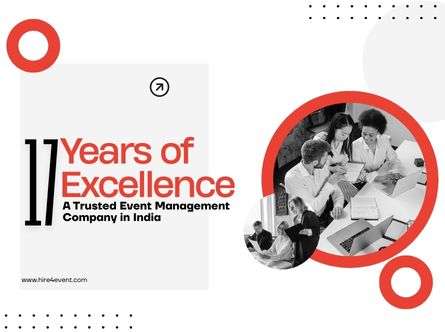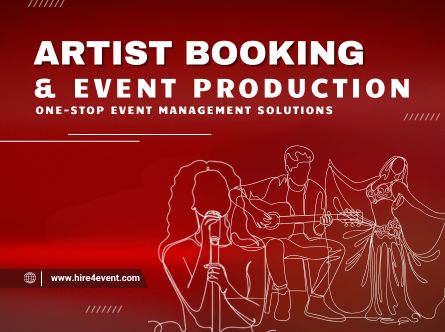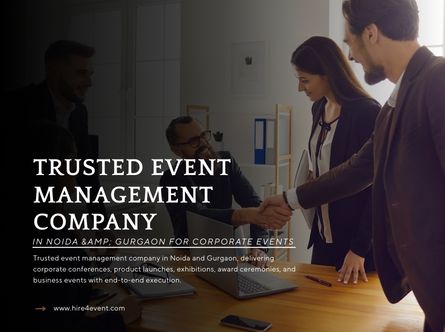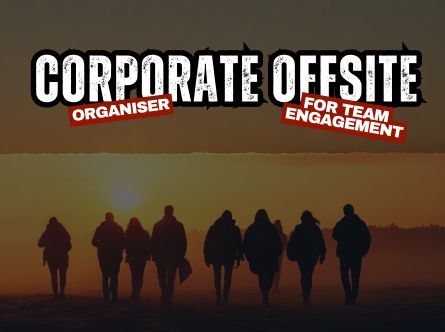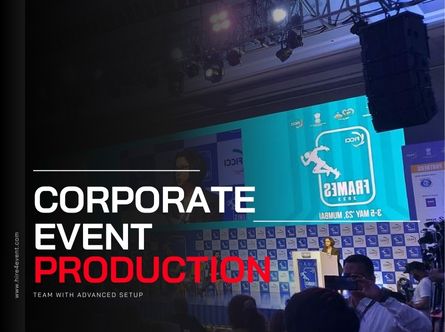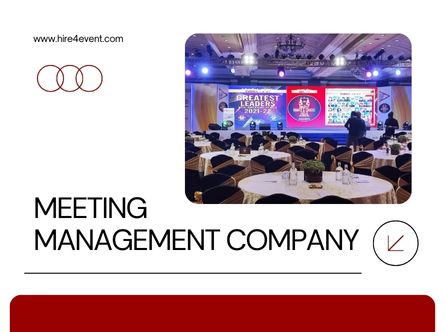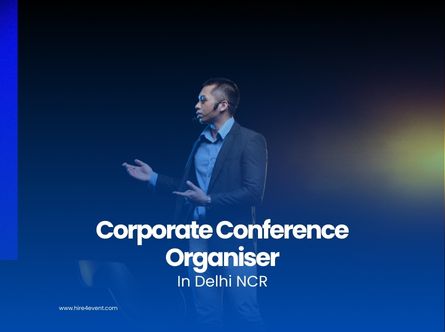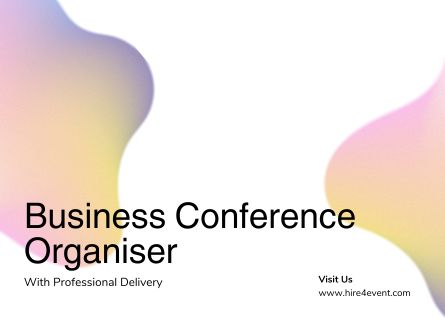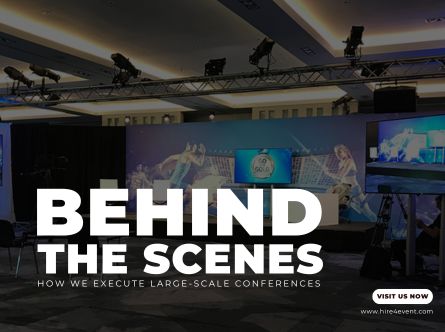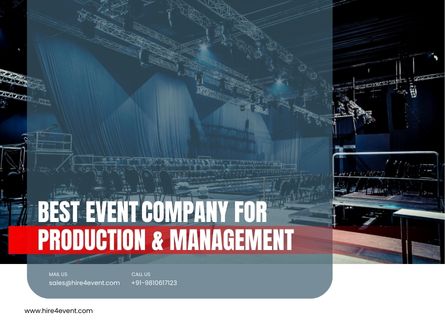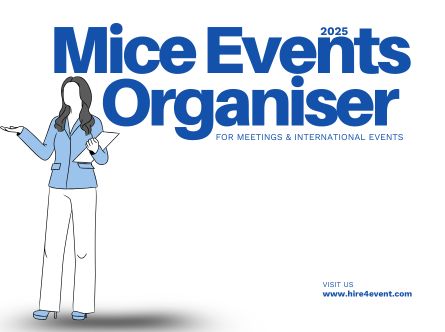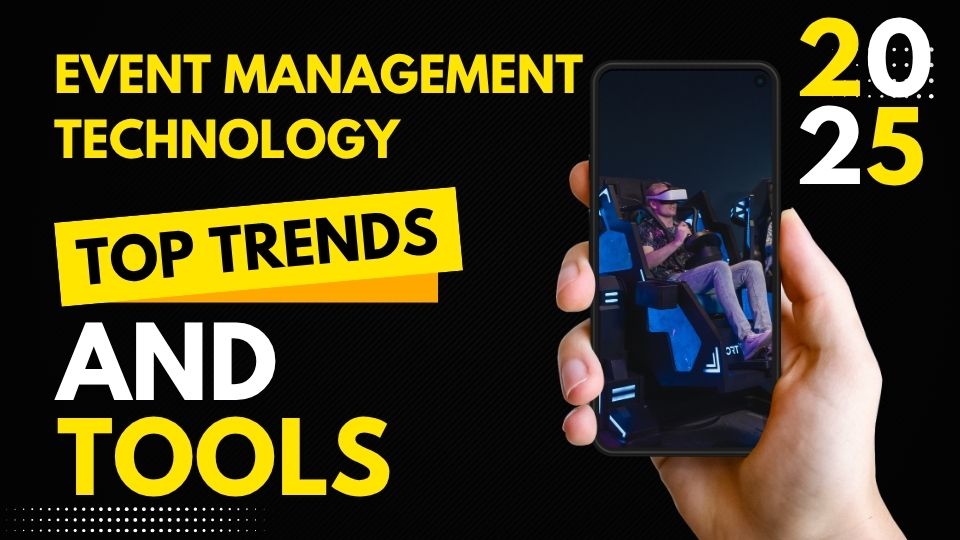
Event Management Technology - Top Trends and Tools 2025
Technology has changed the event management business a lot in the last few years, making it more innovative and efficient. Event planners and organizers are using the latest tools in 2025 to make experiences that are smooth, interesting, and based on data. Technology is no longer just a tool for events; it's at the heart of how they happen. From AI-powered platforms to immersive virtual solutions, it is.
This article looks at the most important technology innovations and technologies that will shape event management in 2025. It also gives tips on how organizations and planners may stay ahead of the game.
1. Event planning and personalization with AI
AI has changed the way events are planned and run. AI-powered platforms aid with things like registering attendees, sending emails, and matching participants with each other.
Important uses of AI in managing events:
- Customized experiences for attendees—AI looks at what attendees like and proposes sessions, activities, or networking possibilities that fit their interests.
- Chatbots and virtual assistants: Tools like ChatGPT-powered bots give replies in real time, handle frequently asked questions, and make it easier for attendees to get involved.
- Predictive analytics: AI-powered insights help you guess how many people will show up, make the best use of your time, and get the most out of your event.
2. Platforms for hybrid and virtual events
Hybrid formats are still popular, even though physical events are back in full force. Platforms that mix real and virtual components provide you more options and let you reach more people.
In 2025, the best tools will be vFairs, Hopin, and Airmeet. These are all advanced platforms that let you network, visit interactive booths, and have immersive experiences.
- 3D virtual environments: People can look around event spaces online, making it just as interesting to be there in person.
3. Event Intelligence and Data Analytics
Data is now the key to making events work. Event planners use analytics software to keep track of how people act, how engaged they are, and how much money they make.
Some well-known tools for data analysis are:
- Google Analytics 4 is a tool for keeping track of ticket sales and website conversions.
- Tableau and Power BI are used to make dashboards that show how events are doing in real time.
- Analytics for specific events: Eventbrite and Bizzabo are two platforms that provide you granular stats on how engaged attendees are.
4. Check-ins that don't require contact and are smart
In 2025, event check-ins are no longer only QR codes. RFID (Radio Frequency Identification) and NFC (Near Field Communication) technologies let people in quickly and without touching anything, which cuts down on lines and makes the experience better for everyone.
Why it matters:
- Shorter wait times and quicker check-ins.
- Better security with the ability to track where attendees are in real time.
- Works with event applications to make scheduling easier.
5. Augmented Reality (AR) and Virtual Reality (VR)
Event presentations and exhibitions are changing thanks to immersive technologies. Brands may use AR and VR tools to make interactive experiences like product demos, virtual tours, and live shows.
Examples:
- Apps that use AR to show products in real time.
- VR booths for anyone who can't be there in person to see the venue in 3D.
6. Mobile apps for events and management platforms that do everything
Dedicated mobile applications are still very important for making event communication and logistics easier.
In 2025, the best platforms will be Cvent, Whova, and EventMobi. They all provide capabilities for managing attendees, live polling, Q&A sessions, and networking.
- Event dashboards that do everything—put ticketing, marketing, communication, and analytics all in one place.
7. Event Tech That Lasts
Event planners increasingly put a lot of weight on sustainability. More and more people are using digital tools that cut down on paper use, save energy, and keep track of how they affect the environment.
- E-tickets and digital event kits cut down on paper waste.
- Event planning software that includes tools for calculating carbon footprints.
8. Technology for events that you can wear
Smart badges, bracelets, and wearables let you access things in real time, pay for things, and meet new people. These devices work with event software to make everything go smoothly.
9. Interactive and live streaming content
High-quality live streaming technology makes it possible for people all over the world to attend events online. Live polls, quizzes, and gamification are examples of interactive tools that make people more likely to participate.
10. Tools for protecting data and cybersecurity
It's really important to protect the data of people who go to events that are now online. Event systems will have built-in enhanced encryption and will follow GDPR and other rules by 2025.
The End
In 2025, event planning will be a mix of art and science. Technology is changing the way events are planned and run, from AI-driven customisation to immersive AR/VR experiences and data-driven decision-making. Using these technologies not only makes things go more smoothly, but it also makes the event more interesting and memorable for everyone who comes.
Companies and event planners can no longer afford to ignore these new trends in event technology. They are the key to staying ahead of the competition.
Recent post
More of Our Services


